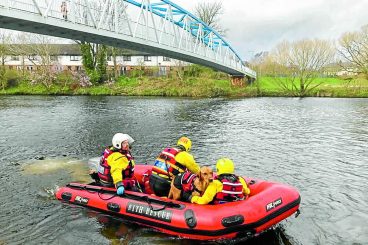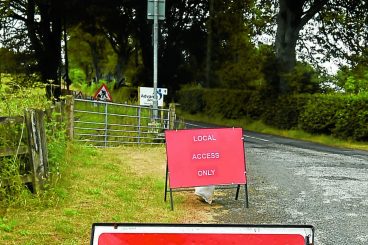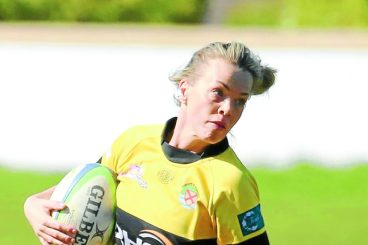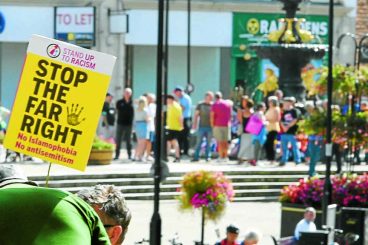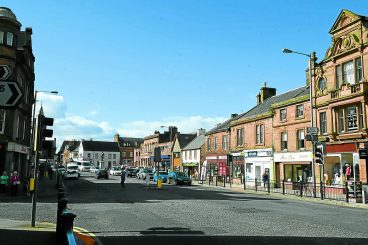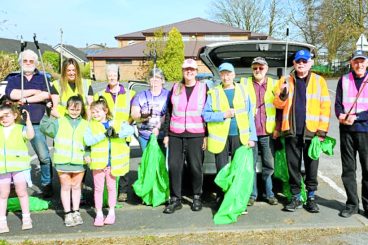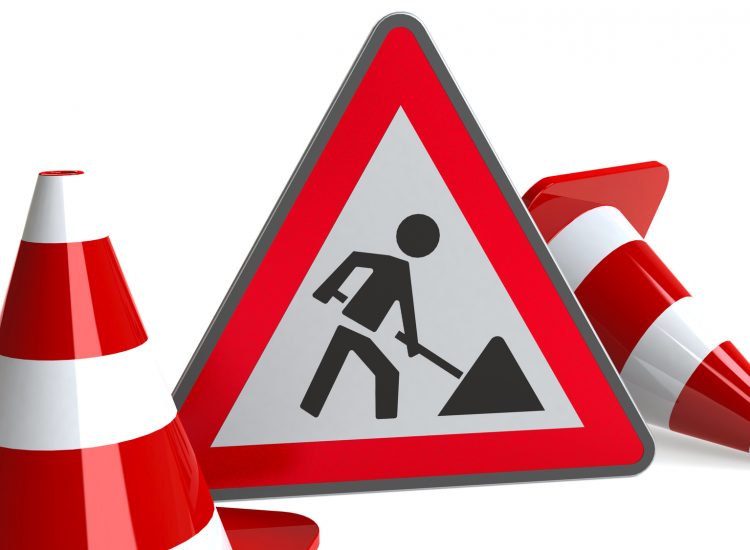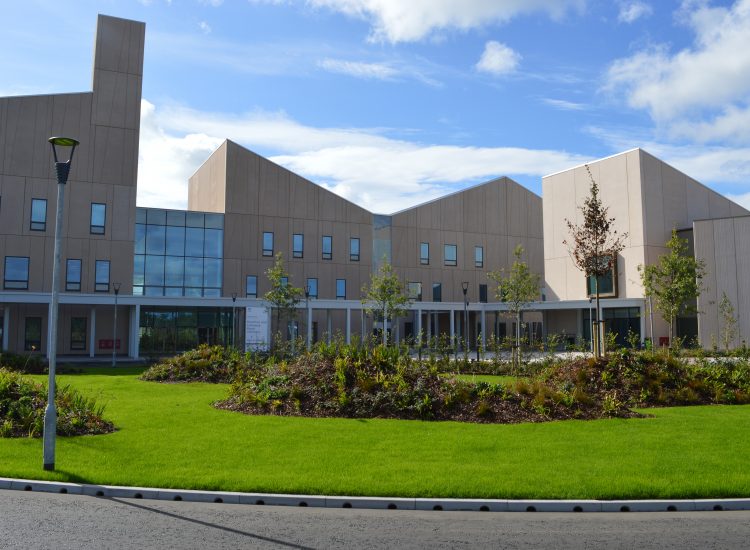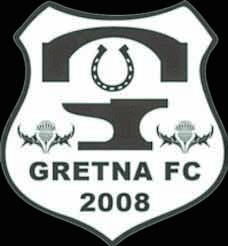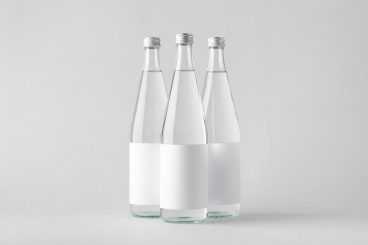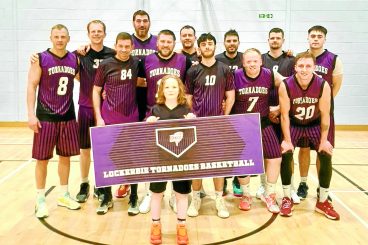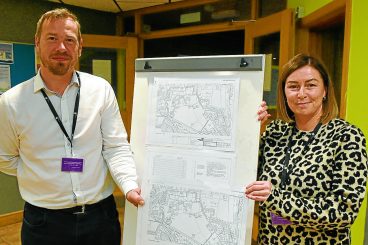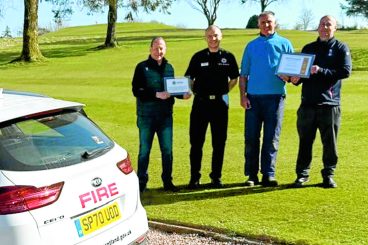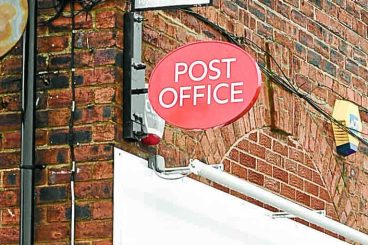Do not call your GP. For all coronavirus-related issues, please contact NHS 24 on 111.
If you or anyone you live with has a fever or a new and persistent cough, the household should self-isolate for 14 days and the person with symptoms should self-isolate for seven days. If you live alone the seven-day rule applies.
You only need to call 111 if your symptoms worsen and are unmanageable, or do not improve after seven days.
When you call the 111 helpline, you will be asked a few questions and a short while later someone from your local community hub will call you back. They will direct you to a community assessment centre if you need any more help.
This change is designed to ensure the best care is available 24 hours a day to patients across Scotland.
For patients who do not have any coronavirus symptoms, you should continue to call your GP when open and not call NHS 24. In out of hours periods, please only call 111 if you need urgent assistance and cannot wait until your GP is open.
NHS Inform’s coronavirus webpage (www.nhsinform.scot/
We’re in Phase 2 of our UK Coronavirus Action Plan – acting to slow the spread of the disease and reduce the numbers infected at any one time, so our NHS can cope.
This protects society’s most vulnerable groups, including the over 70s and those with chronic medical conditions.
This new phase has meant updating our advice to the public. Schools have closed and we’re asking everyone to limit social contact as much as possible – working from home if they can and avoiding public transport. Pubs, bars, restaurants, cinemas, and gyms have been asked to close.
We should be in no doubt about the seriousness of our situation, and how vital it is that everyone – individuals and business – follows the advice that has been issued. If we do this, we will reduce the impact of coronavirus and save lives.
As our First Minister has stated, life should not feel normal right now. If your life still feels entirely normal, you might be putting yourself and others at unnecessary risk.
The general public will not need to be routinely tested for coronavirus. We simply ask you to self-isolate if you have any of the symptoms, to avoid spreading the infection.
Most of us will experience mild symptoms and make a complete recovery. But if you feel you need any help or advice, dial 111.
Coronavirus is spread by droplets generated in coughs and sneezes. You can reduce your risk by taking a number of simple steps. Practice good hygiene by washing hands with soap and water or alcohol hand sanitiser before eating and drinking, after coughing, sneezing or going to the toilet.
Cover your nose and mouth with a tissue when coughing or sneezing, and bin it after use. Avoid touching your face, which could pass germs from your hands.
At The Scottish Government, we are doing all we can to work with health boards, local councils and governments across the UK to ensure the people of Scotland are protected and cared for.
We are increasing bed capacity across our health service, including our intensive care units where we aim to double the number of beds. And we’re expanding our ability to care for people within their own community.
We practice and prepare our response to disease outbreaks and follow tried and tested procedures, involving the highest safety standards possible for the protection of NHS staff, patients and the public.
We will get through this together – but only if we follow this clear advice.
I want to thank everyone for listening and acting now on this advice, and all of our healthcare workers and the many others for everything they are doing for you and me. We know none of this is easy, but all of it is necessary.”





